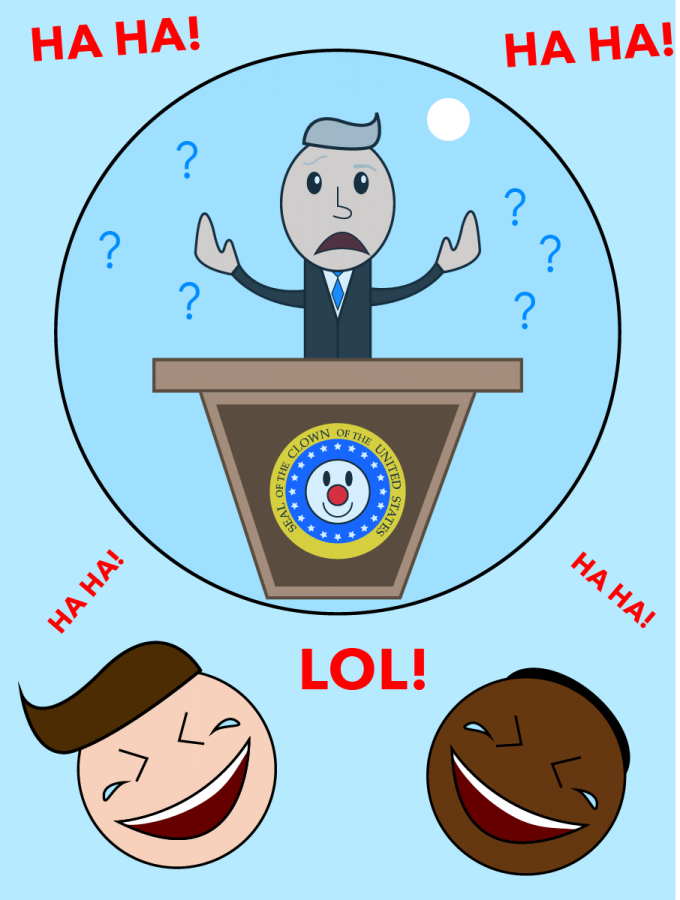Opinion | Corrupt corporate lobbying strangles accountability
Mar 16, 2021
For much of the latter 2020 election cycle, there was an immense focus placed on the concept of “political accountability,” and the idea that to achieve political goals as a group, it is the duty of the people to hold elected officials accountable.
This discussion became especially prevalent as the election neared with Joe Biden as the frontrunner, and continued to escalate following his electoral victory and subsequent January inauguration. Emphasis was, and still is, placed on the need to “pressure” politicians, like President Biden, into serving the interests of their constituency: “I scratch your back, you scratch mine,” so to speak.
However, this notion is most absurd. Politicians are largely unaccountable to their so-called base, especially in the American two-party system.
When choices are offered in a narrow binary like this one, it becomes impossible to force a leader’s hand if the only alternative is defeat. The pendulum must swing back and forth; it is accountable to no one but gravity.
Holding a politician “accountable” is not only laughable, but it completely misses the forest for the trees of American politics: if the official is already elected, the voter’s collective bargaining power is gone.
Get The Daily Illini in your inbox!
The most effective way to hold an elected official responsible — if such a thing was ever possible — is to use one of the most versatile items in one’s tool-kit: the vote. Remember that no lawmaker is entitled to a vote, it must be earned.
It is an unfortunate reality that lobbyists and colossal corporate donors have far more sway over representatives than a constituent who calls in or writes a frustrated letter. This will continue to be the case as long as money plays a comprehensive role in American politics.
Accountability is not a cudgel that can be used to beat politicians into submission until they agree to serve public interests.
It is a much more ethereal, selective concept, in this case, where the lawmaker in question is either directly in danger of losing or legitimately has a moral qualm with voting a certain way. Because the latter is virtually nonexistent when discussing public servants, the former must be applied.
Confronting Biden is an unfortunately unrealistic notion when he has already won the election. When a deal is made, it is best to see the money first. Once a candidate is in office, voters have virtually no leverage against them unless they occupy a particularly contentious district.
With this in mind, it is important to follow the voting history of each officeholder and not merely the empty platitudes they choose to pay lip service to during their campaign.
Of course, this is predominantly an exercise in hope and futility. American democracy, therefore, warrants fundamental reform for accountability to become a relevant component.
As aforementioned, politicians are far more accountable to corporate donors than voters, which should be obvious given the cyclical nature of American elections. Writing a representative accomplishes nothing besides making their paper shredder work a little harder that day.
The elimination of lobbying is a crucial start on the long and arduous journey of fixing the broken system. Only when sums from 10,000-100,00’s have left the conversation can the will of the average voter be heard. As loud as a voter might yell, it will always be drowned out by the cacophony of a million credit card swipes.
The number of unique individual donors is a much better measure of a politician’s actual popularity rather than the gross total of their campaign fund. The United States needs legislation that limits the size of campaign donations, which will put each individual on a much more level playing field.
The effort for a genuinely accountable political structure is extensive, but it is worth exerting to unite the will of the voter.
Dylan is a senior in Media.






